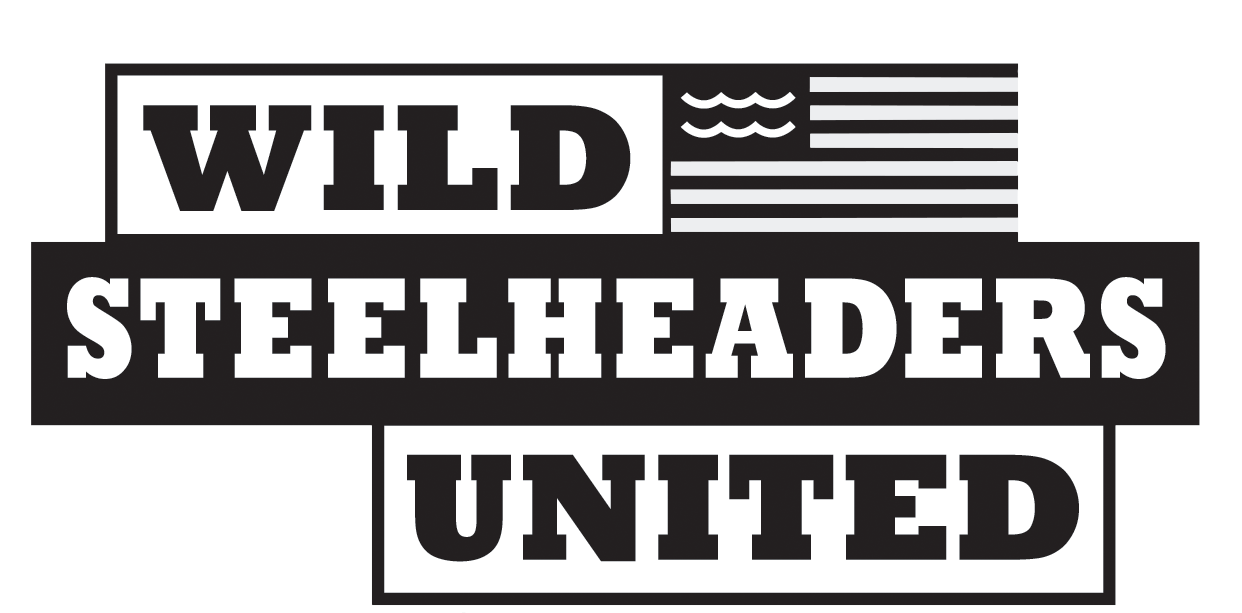In the final installment of our five-part series on Oregon’s Rogue-South Coast Plan, we recap some of our previous concerns and make the case why we believe wild steelhead harvest on Oregon’s coast must end.
Coquille Bass Blitz – Revisited
Wild Steelhead Initiative Manager, Dean Finnerty, and his son recently assisted ODFW with electro-fishing on the Coquille River, one of Oregon’s finest salmon and steelhead waters. ODFW’s electro-fishing efforts help remove non-native species that adversely affect native fish.
Anglers, hunters and outdoor recreation companies to Biden administration: The dams must come out
This month, Trout Unlimited joined dozens of fish and wildlife groups and major outdoor recreation companies in calling on the Biden administration to develop a comprehensive solution to the collapse of salmon and steelhead populations that includes removing the four dams on the lower Snake River and investing billions of dollars in a reimagining of infrastructure in the Northwest.
Elwha River: Ten Years Later
Washington’s Elwha River is celebrating an important anniversary today. It’s been ten years since the start of deconstruction of two dams in the Elwha that blocked salmon and steelhead from returning to the majority of habitat in this remarkable watershed.
Uncharted Territory
The Northwest is experiencing the worst summer steelhead returns on record. Steelhead stocks from British Columbia to southern Oregon and as far inland as the Snake River basin are doing poorly. Sadly, we are likely to see greater variability in run sizes, with smaller peaks and deeper troughs.
Winning the Ecological Lottery
In this week’s installment of a five-part series into steelhead biology and fishery management, we dive into a discussion around life history diversity and how it relates to estimating habitat capacity.
What Is a Stock-Recruit Model? And Why You Should Care
In the third installment of our five-part series on the Rogue-South Coast Plan, we look into how scientists and managers most commonly estimate if harvest is appropriate for a certain population and at what level. This is generally done with modeling, which is nothing more than taking all of the data that is available for a certain population and combining it with a little bit of math and a few assumptions.

